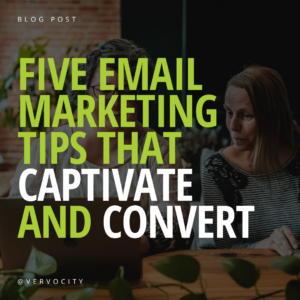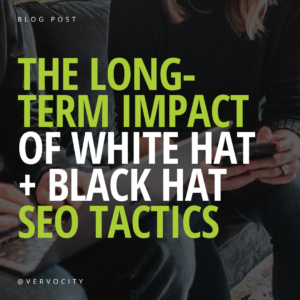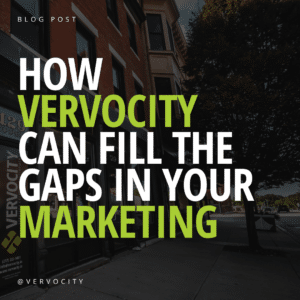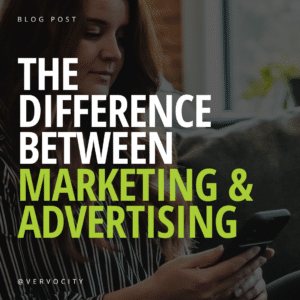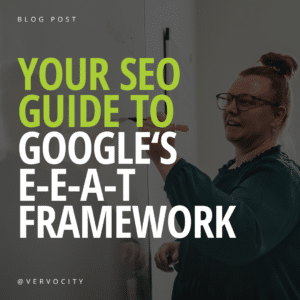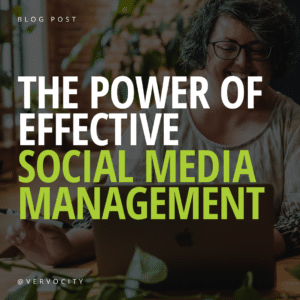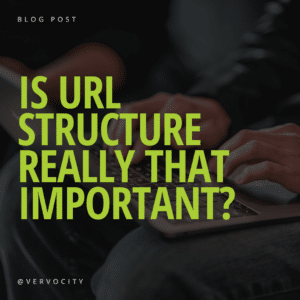With over 50% of the world’s population using Google, appearing on the first page of search engine results is crucial to driving traffic to your site.
So how do you get your business noticed and appearing on the first page? By using quality, effective keywords in your Google Ads campaigns.
A keyword is a word or phrase that searchers use to find relevant results from a search engine. Because of this, your ad copy should include keywords that best describe your business, product, or service. However, sometimes the most obvious keywords are duds, and it is important to determine which ones are worth the effort in your pay-per-click (PPC) campaigns.
GETTING STARTED WITH PAY-PER-CLICK CAMPAIGNS
Google Ads provide instant visibility for your business by pushing your ads to the first few pages of search engine results. Google Ads can also be applied to Google My Business and Maps listings. It operates on a pay-per-click system which means you’ll only pay each time the ad is actually clicked. This is where targeting effective keywords comes into play. You don’t want to pay a large amount of money for a word with high competition if your return on investment (ROI) doesn’t outweigh the cost.
Google Ads was developed to be user friendly. Before starting the campaign, it will help you choose keywords. You won’t be able to rely solely on Google’s suggestions, though. It’s important to discard the keywords you know don’t apply to your business or will bring in irrelevant traffic. For instance, if you are a high end retailer, you don’t want any keyword phrases that have the word “cheap” in them.
When you first start a campaign, you will start with a large number of keywords and focus them down to the top performing as time goes on. You will begin adding negative keywords (words you don’t want your ad to appear for, such as ‘cheap’ from the example above) and also add keywords from the search terms screen.
WHY SOMETIMES OBVIOUS KEYWORDS ARE DUDS
Some categories of keywords are going to be more expensive than others depending on your competition. If you’re a lawyer in a big city, the competition will be more competitive. So if you are facing astronomical costs on keywords that just seem perfect – you are going to have to get creative.
Additionally, some keywords that seem perfect just don’t get any traffic. How people search for things is really personal, and a keyword or phrase you think will be perfect may not be used by the majority of people.
For keywords that are popular but too expensive you can do a few things. You could buy them when the competition isn’t or increase the bid for that keyword specifically, but only if the ROI on the keyword would justify an increased bid. You can narrow down your demos and try to find the ones that the competition is ignoring. You can also explore buying the name of your competition as a keyword if they seem to be winning the bids and getting high traffic.
DO YOUR RESEARCH
The keywords you target are critical to the success of your pay-per-click campaign.
First, research the keywords and phrases your target audience is searching. Create and connect a Google Analytics account to your website for an accurate report of keywords people are searching to get to your site. You’ll want to make sure you are using your customers’ language, and avoid paying for super-specific, long phrases.
Second, take advantage of keyword research tools. Google Ads will guide you to choosing relevant keywords, but expanding your research to finding an additional keyword tool only benefits your campaigns.
Finally, scope out the competition. Look into the keywords your competitors are paying for and use those as starting points. You will still want to make sure you aren’t paying an astronomical amount for words that won’t yield a higher ROI, so copying the words exactly isn’t always the best option.
Now that you know the basics of choosing keywords for pay-per-click campaigns, you will be on your way to producing optimal results!
Need help? Our pay-per-click professionals know how to generate results and drive traffic to your website. We will take care of your PPC strategy so you can focus on one of the things you do best – running your business! Contact us today to get started.



